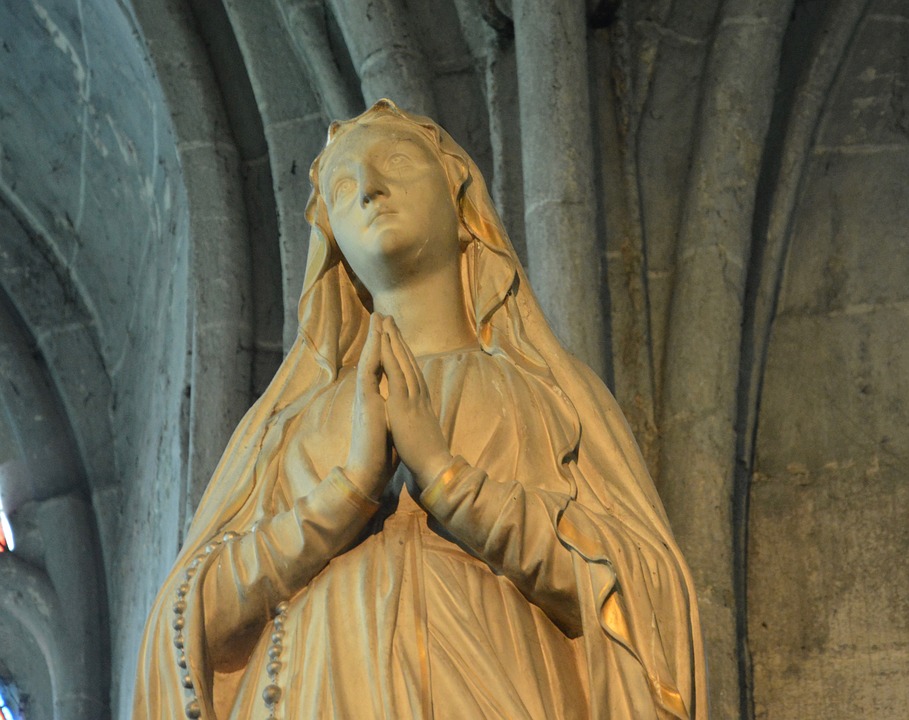The Wanton Sublime: A Florigium of Whethers and Wonders
Anna Rabinowitz
Tupelo Press, $16.95 (paper)
Mahatma Gandhi said that the female gender is the embodiment of sacrifice, silent suffering, humility, faith and knowledge. He posited that woman is immeasurably man’s superior because she has greater intuition and is more self-sacrificing. Anna Rabinowitz’s third book, The Wanton Sublime, simultaneously reinforces and deflates similar ideas of womanhood in its attempt to define and redefine the Virgin Mary, that prototypical “life-bestower, nurturer, / agent of futurity.” Filled with writing that challenges conventional pieties and the surrounding ethos of womanhood, The Wanton Sublime strips away stereotypes in order to arrive at a more stable platform from which to view historical and contemporary representations of the female experience. Rabinowitz revises reader’s notions of what it means to be “chosen” (in the manner not only of Mary, but also of Europa, Io, and others), suggesting that throughout history gods as well as humans have relied on deception to gain control over females and to achieve their own lustful desires: “‘You cannot have my heart,’ she said / He smiled and winked his eye, / I do not aim so high!’” Rabinowitz intermixes lyrics that demonstrate her characteristic linguistic flexibility with excerpts from ersatz texts as well as actual texts drawn from a variety of historically significant periods. The result is a vibrant and illuminating gathering of anecdotal threads pertaining to ideas about perception, deception, feminism in traditional and non-traditional forms, and spirituality. On one level Rabinowitz appears to have given voice to the female gender via a reclamation of the Virgin Mary, a voice that takes its cues from a decidedly modern feminism tempered by mid-20th-century expectations: “if I am favored / leave me be / —I’ve got things to do around the house.” At the same time she is simply taking advantage of the opportunity to reconsider the Virgin Mary and, by extension, the very nature of what it means to be female, to tell “a truth / from a place that serves lilies.”








